Personal income tax should be levied at 20% on the difference between the purchase and sale prices.
According to Associate Professor Dr. Phan Huu Nghi, Deputy Director of the Institute of Banking and Finance (National Economics University), income from real estate transfer is one of the important sources of income in the personal income tax system. However, the method of calculating tax on this type of income still has many limitations.
Mr. Nghi said that currently, personal income tax on real estate transfer activities is calculated at 2% of the transaction value. That is, the seller must pay tax equal to 2% of the total value of the real estate stated in the transfer contract, regardless of profit or loss.
Therefore, this expert proposed to only collect tax when selling houses at a profit, applying a rate of 20% on the difference between the purchase and sale prices to prevent tax evasion.
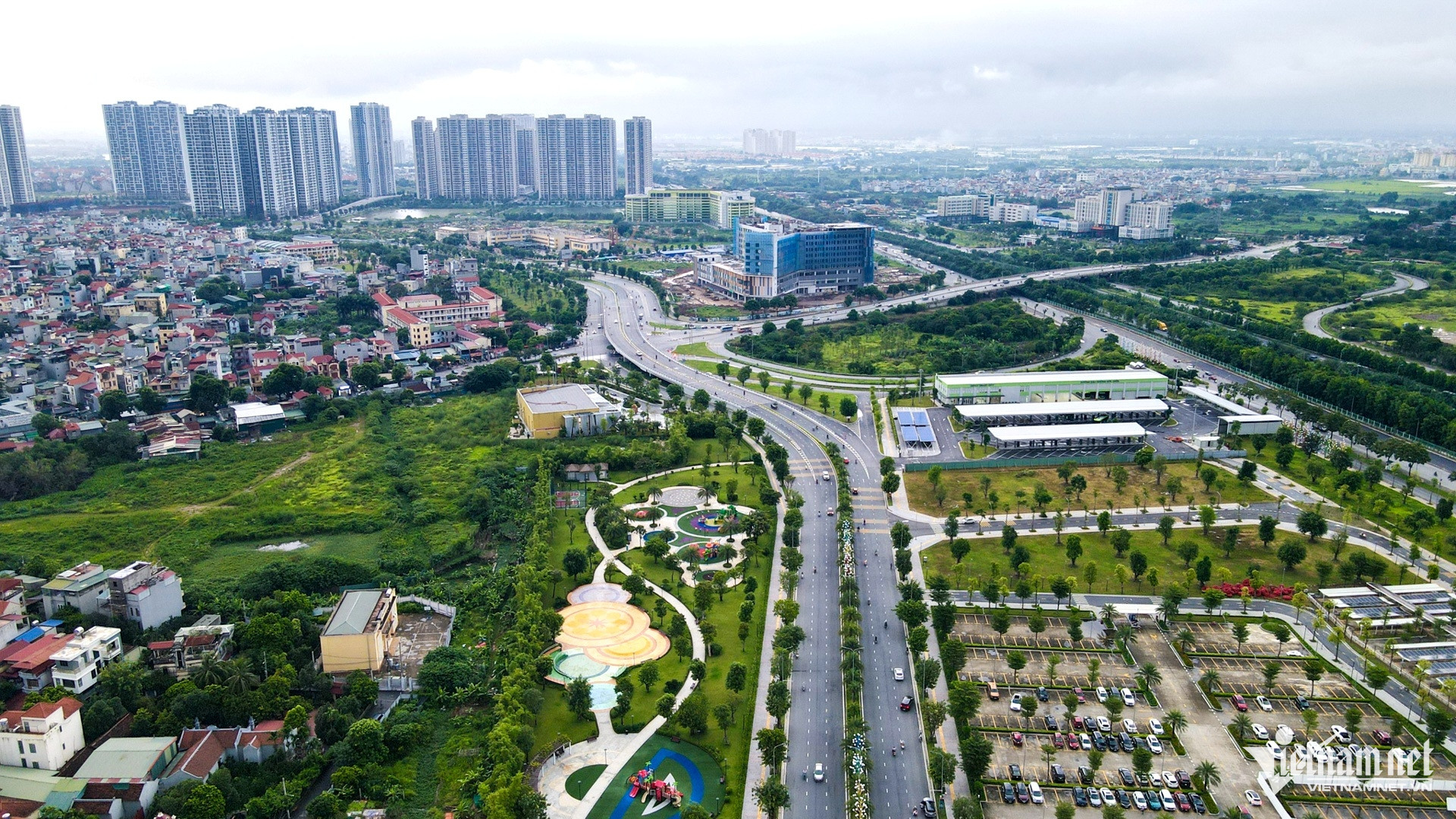
“Although the 2% tax on the transaction value is simple and easy to collect, it creates a big loophole in the declaration of selling prices. Sellers often declare a lower transfer price than the actual price to reduce the amount of tax payable. This not only causes a loss of revenue to the state budget but also makes the real estate market lack transparency.
On the contrary, the 20% tax option on the difference between the purchase price and the sale price has an advantage because it accurately reflects the actual income. However, this method has difficulty in determining the correct purchase price, especially for real estate transactions that took place many years ago, when there was no transparent purchase and sale price management mechanism like today," Associate Professor Dr. Phan Huu Nghi analyzed.
Therefore, to ensure fairness and limit tax evasion, he proposed applying a 20% tax on the difference between the purchase price and the sale price, similar to corporate income tax.
Currently, tax authorities and the Ministry of Agriculture and Environment have full information on purchase and sale prices to calculate taxes. Therefore, controlling transfer prices is completely possible by comparing with actual data.
“Applying a 20% tax on actual profits will help limit the situation of pushing up real estate prices. If the policy of taxing added value is strictly implemented, real estate companies will also have to calculate more carefully when deciding on selling prices, thereby helping the market operate more transparently and substantially,” Mr. Nghi analyzed.
Should second homes be taxed?
Dr. Nguyen Tri Hieu, Director of the Institute for Research and Development of Global Financial and Real Estate Markets, said that in Vietnam, real estate tax only stops at revenues such as non-agricultural land use tax, personal income tax from real estate transfer and registration fees.
Meanwhile, the US, Canada, Japan and South Korea all apply annual property taxes on real estate values to ensure fairness in asset distribution and create sustainable revenue for the state budget.
“The ineffective application of real estate tax in Vietnam has led to increased speculation and hoarding of real estate. This has contributed to a decline in the supply of real housing to meet real housing demand, causing real estate prices to rise.
When real estate is not subject to regular property tax, the state loses a stable, long-term source of revenue,” Mr. Hieu said.
The expert cited that in the US, all citizens are subject to tax on their first home. The tax authority will use the value at the time of purchase of the property as the basis for taxing. Each year, the tax authority may return to check the tax value on that basis. The tax rate is about 1-3% on the value of the land and the house built on the land.
The first house, if used as a residence, is still subject to tax, but the interest paid to the bank when borrowing real estate is deducted from non-taxable income. As for the second real estate and beyond, all are subject to normal tax, without any incentives.
Therefore, Mr. Hieu proposed that in Vietnam, we should tax second homes to limit speculation.
Meanwhile, Ms. Nguyen Thi Cuc, President of the Vietnam Tax Consulting Association (VTCA), disagrees with the tax on second homes. She explains that a house can be only a few dozen meters long, but there are also houses that are thousands of square meters long, so why tax second homes?
Ms. Cuc said that it is necessary to apply property tax as a separate tax policy, not only for real estate but also for high-value assets such as ships and airplanes. However, assets that have been depreciated according to regulations on fixed assets will not be taxed. The proposed property tax rate is calculated as a percentage of revenue.




![[Photo] Performance of the Air Force Squadron at the 50th Anniversary of the Liberation of the South and National Reunification Day](https://vphoto.vietnam.vn/thumb/1200x675/vietnam/resource/IMAGE/2025/4/30/cb781ed625fc4774bb82982d31bead1e)
![[Photo] Flag-raising ceremony to celebrate the 50th anniversary of the Liberation of the South and National Reunification Day](https://vphoto.vietnam.vn/thumb/1200x675/vietnam/resource/IMAGE/2025/4/30/175646f225ff40b7ad24aa6c1517e378)


![[Photo] General Secretary To Lam presents the title "Hero of Labor" to the Party Committee, Government and People of Ho Chi Minh City](https://vphoto.vietnam.vn/thumb/1200x675/vietnam/resource/IMAGE/2025/4/30/08a5b9005f644bf993ceafe46583c092)

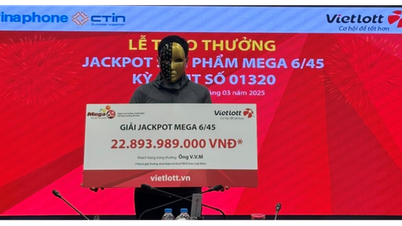





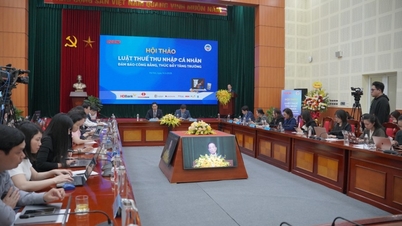












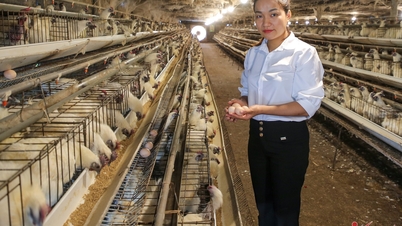













































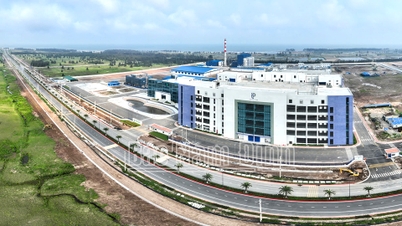



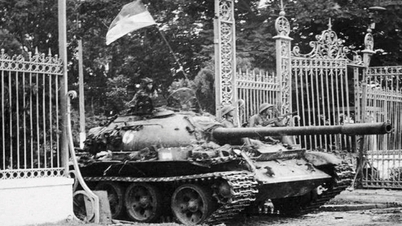


















Comment (0)